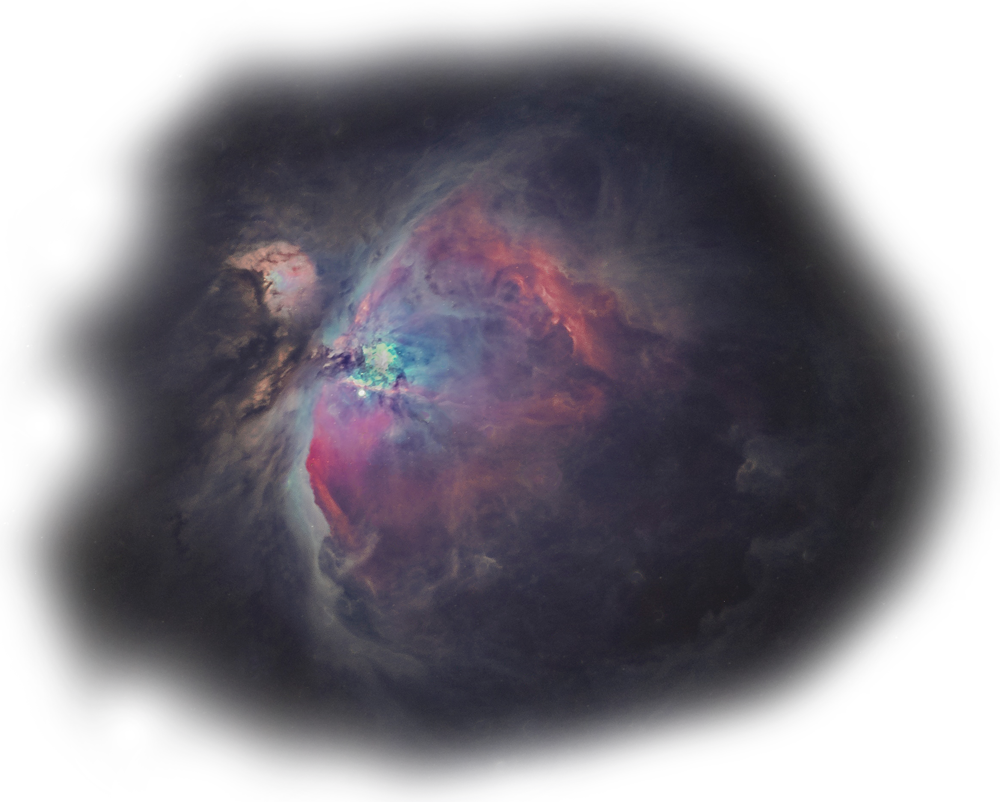January 29, 2026 7:00pm


Arthur B. McDonald Canadian Astroparticle Physics Research Institute
Canada's Astroparticle Physics Network
About the Arthur B. McDonald Canadian Astroparticle Physics Research Institute
The McDonald Institute is Canada’s network for astroparticle physics research, uniting researchers, theorists, and technical experts within one organization. Located at and led by Queen’s University, the McDonald Institute is proud to have 16 partner universities and research institutes across the country, all of which are key players in Canada’s past and future innovation in astroparticle physics.
Dark Matter
Astrophysics and cosmology present a number of questions that may require physics beyond the Standard Model. Chief among these is the presence of non-luminous dark matter, which explains the rotation of galaxies and the motions of galaxies within clusters.
Neutrino Physics
Observation of neutrino-less double beta decay would shed light on this by showing that the neutrino is its own antiparticle, and the rate of decay would provide insight on the neutrino mass.
Technology & Development
A major thrust of the McDonald Institute is to create a centre with the necessary expertise to develop the next generation technologies.
Jobs & Opportunities
As we grow, there are many positions and opportunities opening to work at the McDonald Institute.
The People Behind The Arthur B. McDonald Institute
The Arthur B. McDonald Institute is made up of world-class researchers and skilled staff, researchers and students spread throughout Canadian universities and institutes.
Join Canada's Astroparticle Physics Network!
We are thrilled to have you join us. Please use the form below to provide details about yourself that will help ensure you receive the information that is most relevant to you.
*Highly Qualified Personnel includes all graduate students, Postdocs, and early career researchers, engineers, and technicians as well as keen undergraduates working, studying, or with research connections to astroparticle physics.
